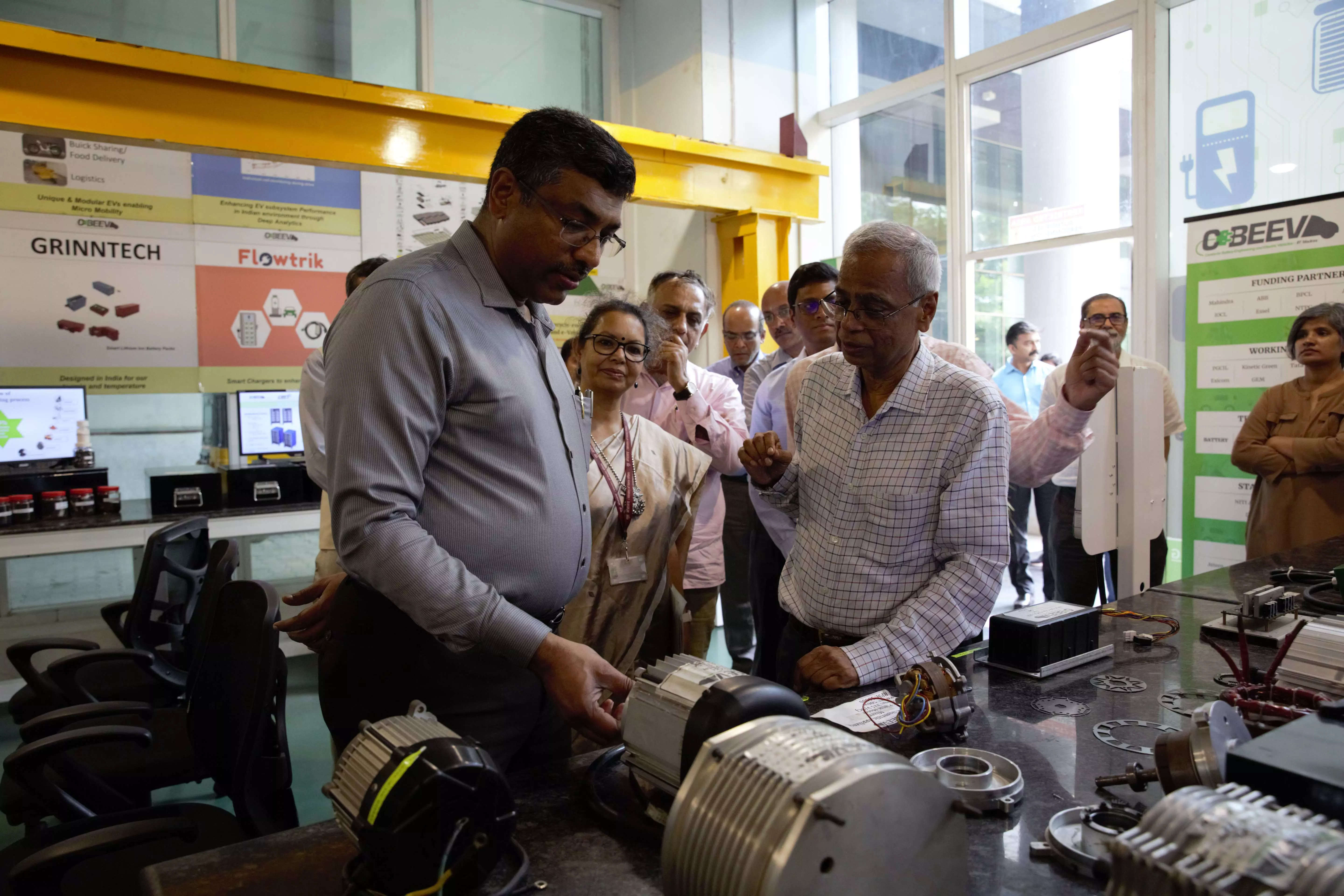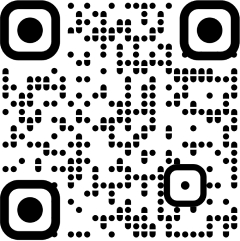
The indigenous Technology of 2KW DC Portable Charger, which can boost electric vehicle adoption in the country, was launched by S Krishnan, Secretary, Ministry of Electronics & Information Technology (MeitY) on October 20. The technology has been developed by the Centre of Excellence at IIT Madras Research Park.
Sunita Verma, GC (R&DE), MeitY, Prof. Ashok Jhunjhunwala, IIT Madras, and other dignitaries from MeitY and IIT Madras were present on the occasion.
Addressing the gathering, S Krishnan said “The Prime Minister Narendra Modi’s vision of ‘Make in India Make for the World’ can be achieved by developing such technologies for taking the electric vehicle industry forward. This technology can be exported to other countries. India is moving from being an importing nation to being an exporting nation.”
The Secretary added that design in India will give impetus to home-grown IP and will accelerate start-ups ecosystem in the country. “The IIT Madras Research Park is now an internationally recognised brand. The Park is vibrant and effervescent, constantly innovating and promoting new initiatives,” he said.
“The new 2 KW EV charger designed in the Park and using recycled material is an important step forward. MeitY is very proud of being associated with this venture,” he added.
The launch marks a significant step in contributing towards the Ministry of Electronics and Information Technology’s (MeitY) mission of accelerating Electric Vehicle adoption in India, reducing the current dependence on imported charging solutions. Currently a substantial portion of portable chargers utilized by OEMs are imported and arrive pre-programmed, the release from the Ministry of Electronics and IT said.
The imported components are not customizable in terms of voltage and current settings, the statement added.
To address this challenge and increase local manufacturing, the 2KW charger has been designed and developed by CEET, IIT Madras and industrial partner Flowtrik Technologies with funding from MeitY.
The chargers are designed to meet safety Standard IEC 60950-11. Charger design also includes optional provision to communicate with batteries for adaptive charging based on battery requirements and hooks for IoT to enable live tracking of charging related parameters. Power output settings can be customized based on the volume of the manufacturing to suit the requirement of individual OEMs.
Successful large-scale manufacturing of this technology can significantly make a difference in the portable charger market, the statement from MeitY said.









